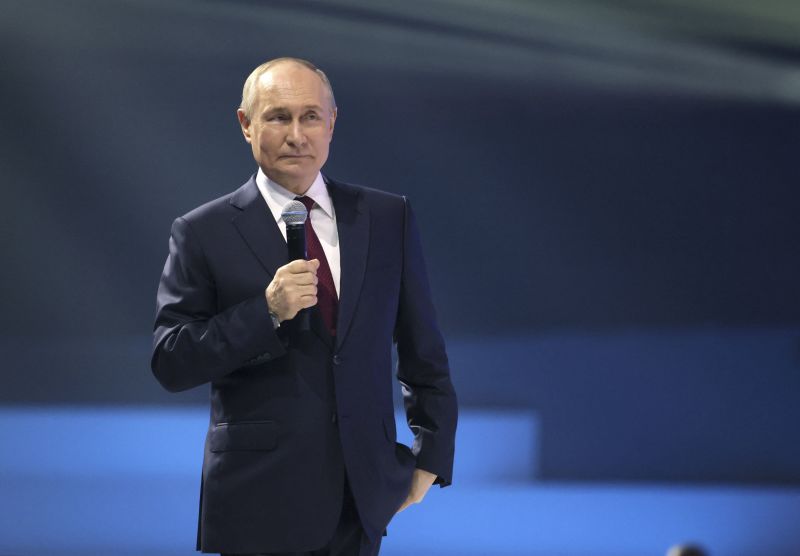
Putin Set to Dominate Again: The Inside Scoop on Russia’s Upcoming Presidential Election!
The Dynamics of Power: An Analysis of Putin’s Stalwart Regime
Understanding Putin’s Tenure
Analyzing the political landscape of Russia, it’s impossible to overlook Vladimir Putin’s enduring ascendency. With his uncertain beginnings as Boris Yeltsin’s relatively unknown prime minister in 1999, to his firm consolidation of power over subsequent terms, Putin’s ability to maintain control is quite exceptional.
Putin’s rise to power and his ongoing dominance is grounded in his stances on Russian nationalism, economic stability, and the control over Russian oligarchs. His platform is constructed upon the ruins of the chaotic 90’s that saw the disintegration of the Soviet Union and economic instability. The strongman image Putin exudes, coupled with his promise of stability and security, has allowed him to endear himself to a significant portion of the Russian populace.
Election Process and Trends
Before delving into the details of the election itself, it’s crucial to comprehend the voting process. The Russian Federation’s president serves a six-year term, with constitutional amendments in 2020 allowing an incumbent to serve two consecutive terms. However, a loophole in this amendment has granted Putin the possibility of serving until 2036.
Matching International Expectations with Realities
In contrast with western liberal democracies, Russian elections have been subject to international scrutiny, often characterised by limited competition and allegations of voting irregularities. Despite these murmurs of discontent, Putin’s political survival doesn’t merely hinge on these manipulated democratic norms. His brand of leadership, the promise of stability, and to an extent, his control over media narratives have largely contributed to his extensive reign.
Media Influence and Opposition Struggles
A key aspect of Putin’s stranglehold on power is through the puppeteering of media narratives. Independent media in Russia faces severe restrictions, and state-run media often dominates the airwaves, painting a favourable picture of Putin while undermining his critics. This prevalence of controlled narratives easily influences public sentiment and subsequently, election results.
The Challenges Ahead
As Putin coasts towards another term in office, Russia and its enduring leader are not without their challenges. The domestic economic landscape is mired with issues such as low productivity, outdated infrastructure, and a deeply entrenched oligarchy that resists reform. Internationally, Russia’s relations with the West remain strained due to issues such as election meddling allegations, the Ukraine conflict, and the poisoning of prominent opposition figure Alexei Navalny.
The Power Dynamic Post-Election
While Putin

